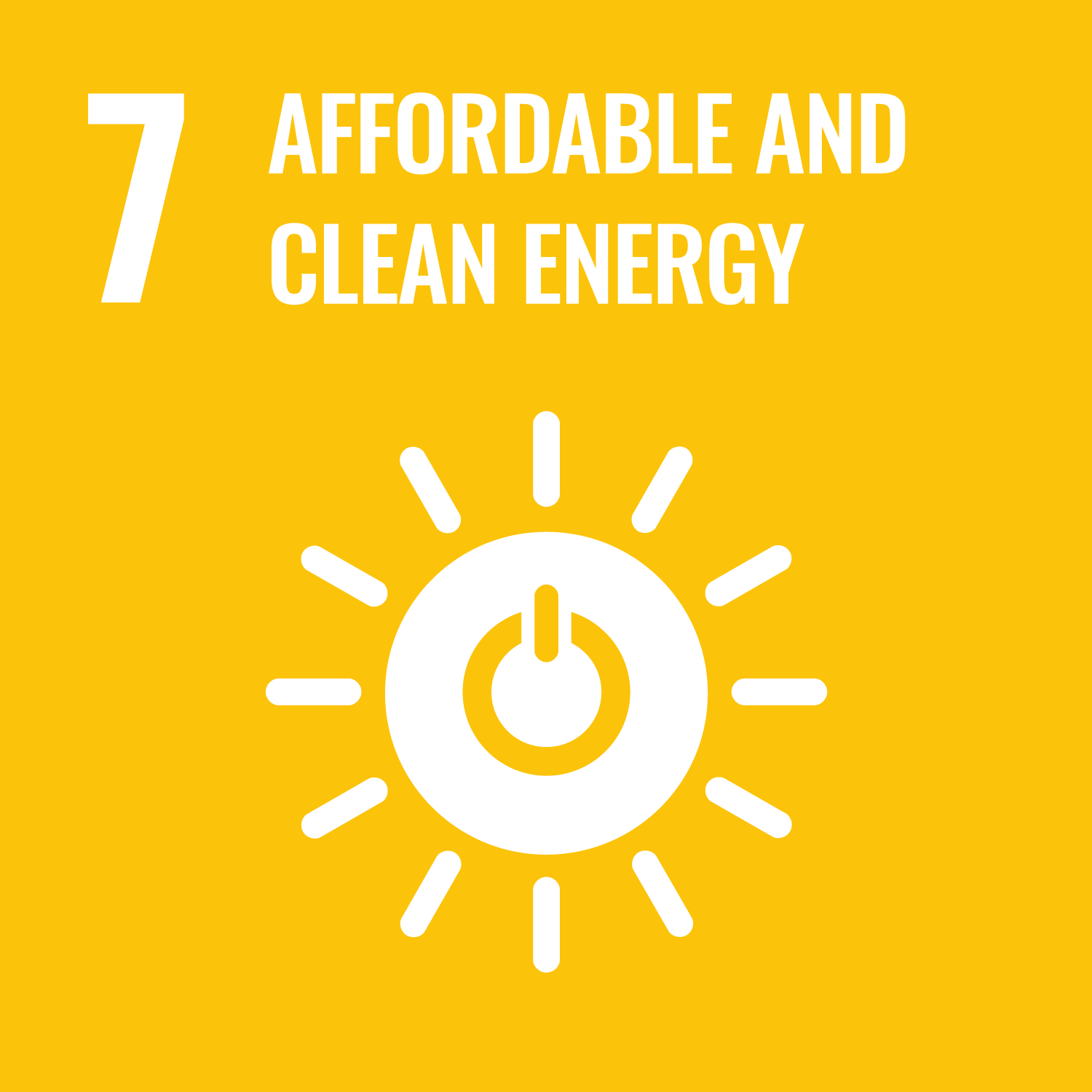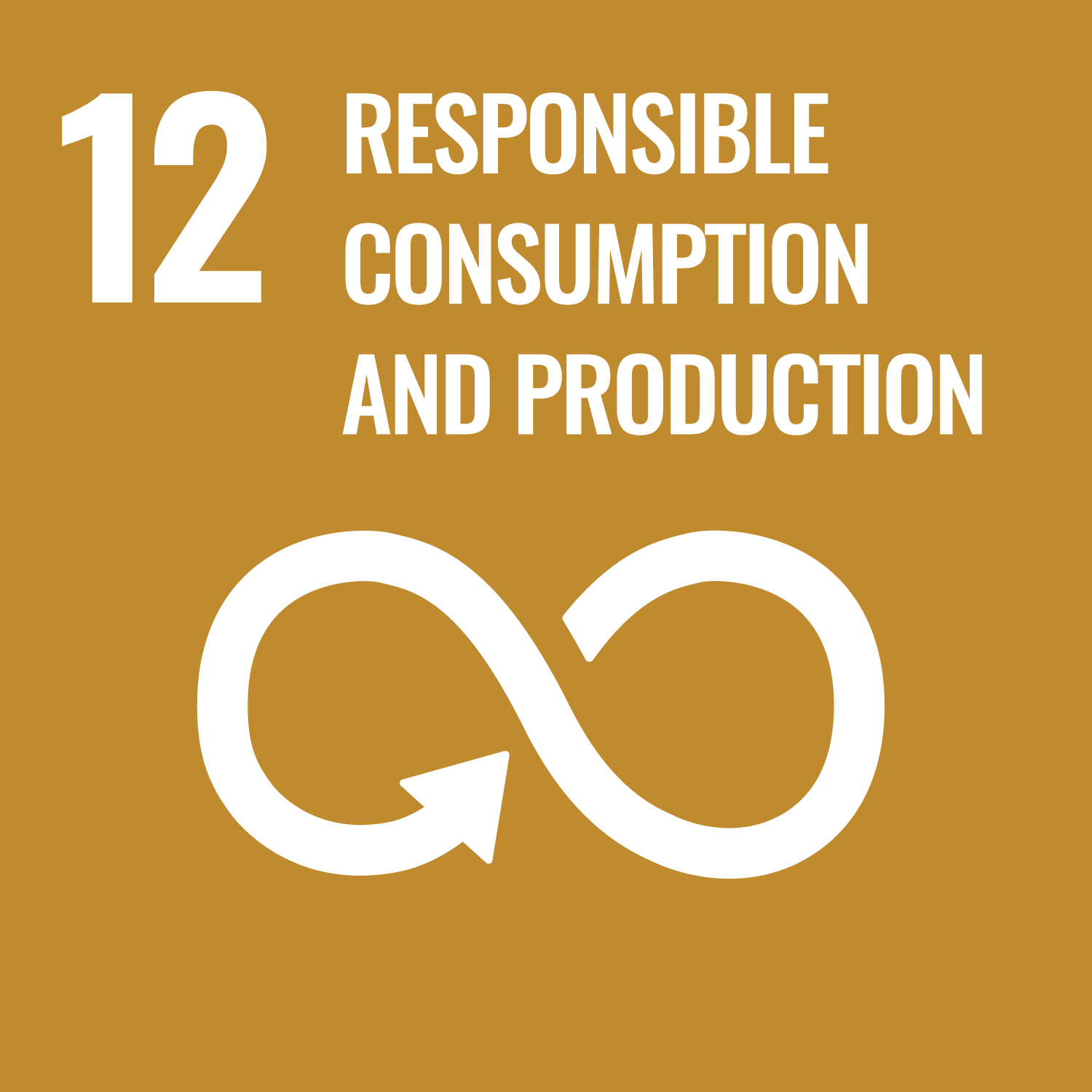ORCID
- João Alencastro: 0000-0003-3029-1374
Abstract
The construction sector accounts for a significant portion of the total final energy use and carbon emissions worldwide. Despite efforts to reduce energy consumption through energy efficiency improvements in buildings, the measures proposed by the construction sector are falling short. Among several causes which lead buildings to perform differently to what was defined in the design stage, commonly referred to as the ‘energy performance gap’, the occurrence of quality defects has been acknowledged. This paper aims to identify through an in-depth literature review, quality defects which undermine the thermal performance of buildings by comparing the studies’ findings with regard to defect characteristics and attributes; major causes and influencing factors; and their impact on the energy performance of construction projects. This review also aims to highlight areas where more research is needed if the expected thermal performance of buildings is to be achieved. Understanding the generation process and effects of defects on the energy efficiency of buildings can support the implementation of appropriate quality management systems in construction projects and thus contribute to the achievement of the intended energy performance targets.
DOI Link
Publication Date
2018-01-01
Publication Title
Renewable and Sustainable Energy Reviews
Volume
81
ISSN
1364-0321
Acceptance Date
2017-08-10
Embargo Period
2018-08-31
First Page
883
Last Page
894
Recommended Citation
Alencastro, J., Fuertes, A., & de, W. (2018) 'The relationship between quality defects and the thermal performance of buildings', Renewable and Sustainable Energy Reviews, 81, pp. 883-894. Available at: 10.1016/j.rser.2017.08.029



